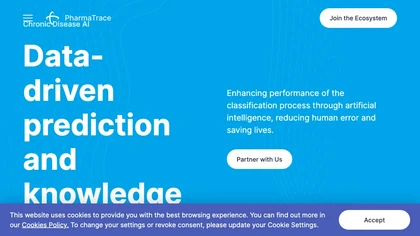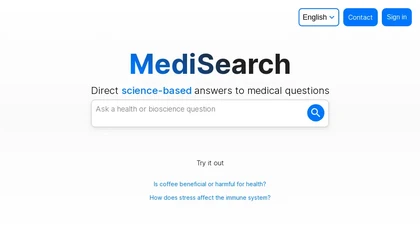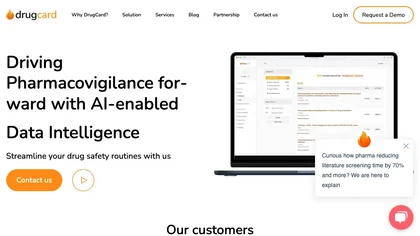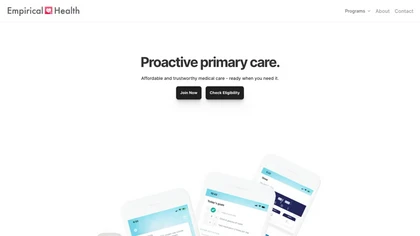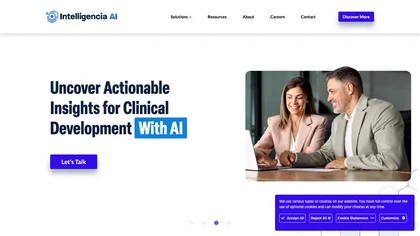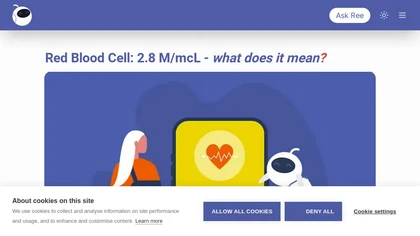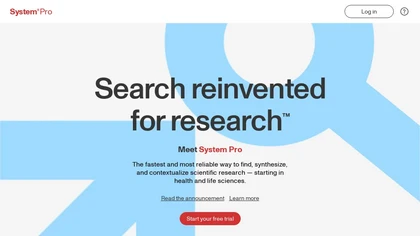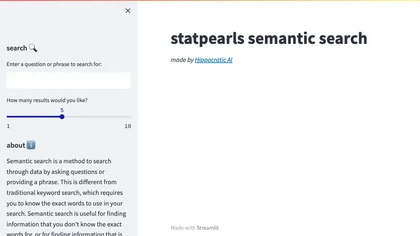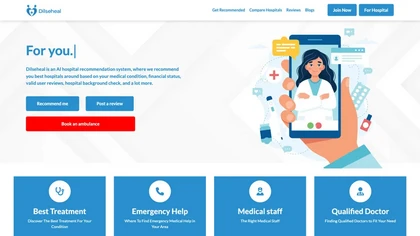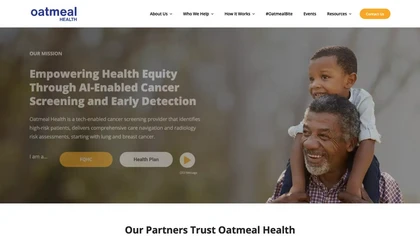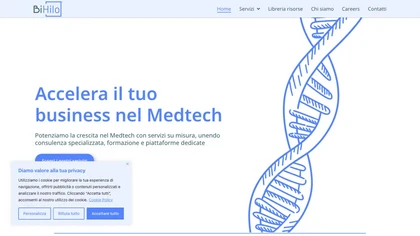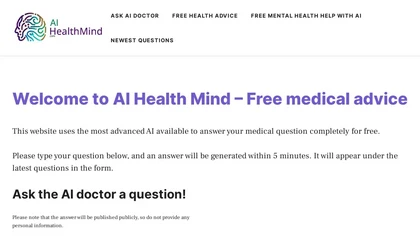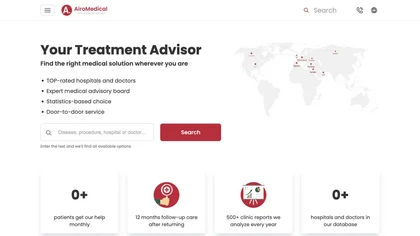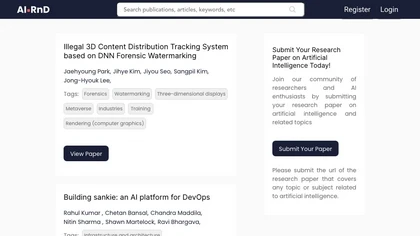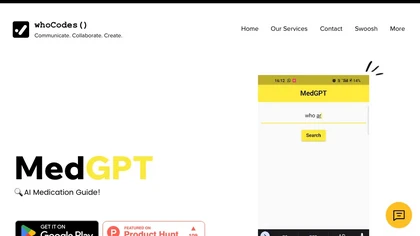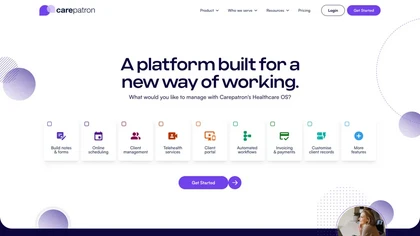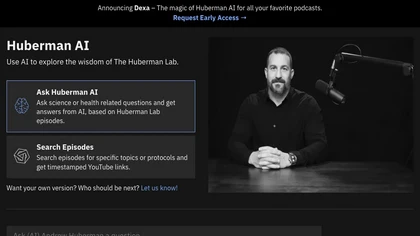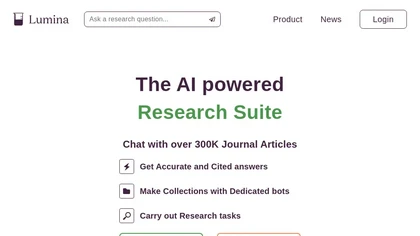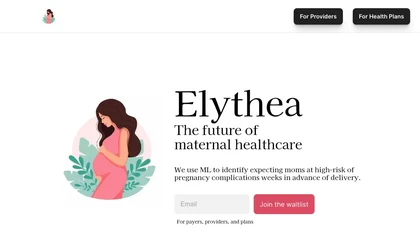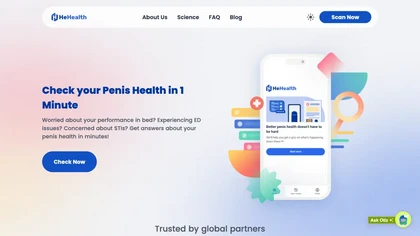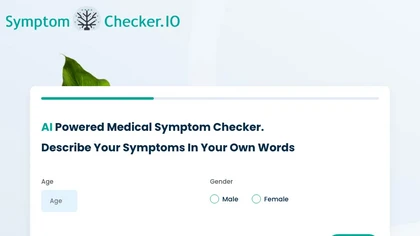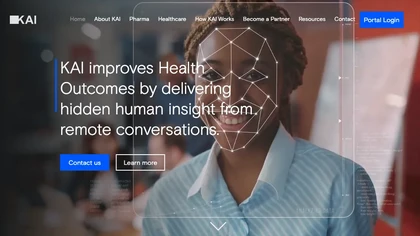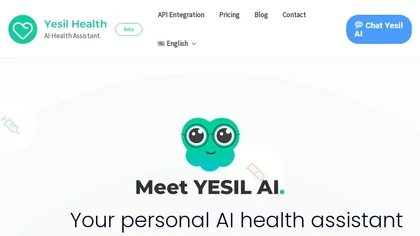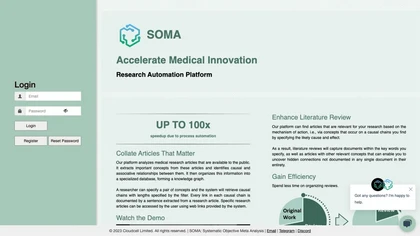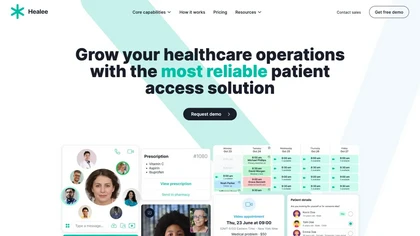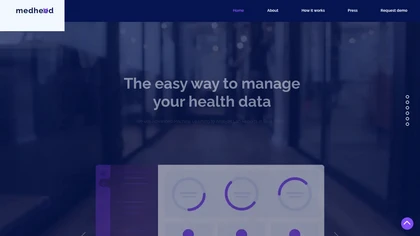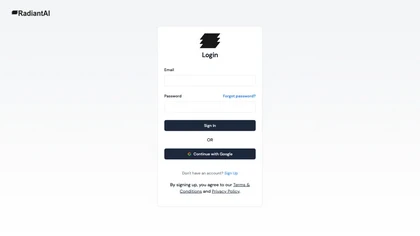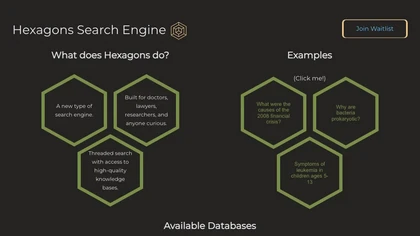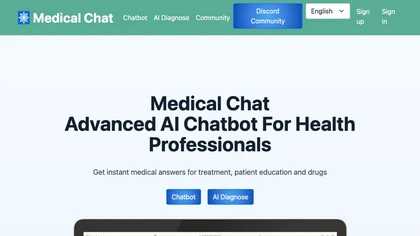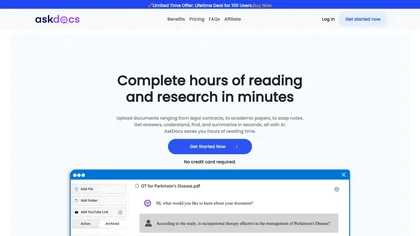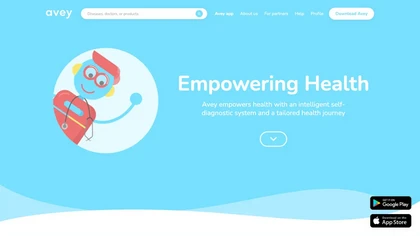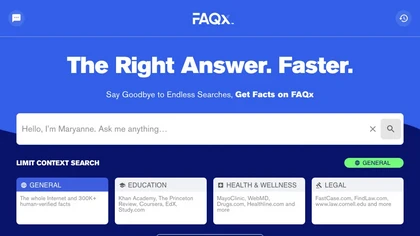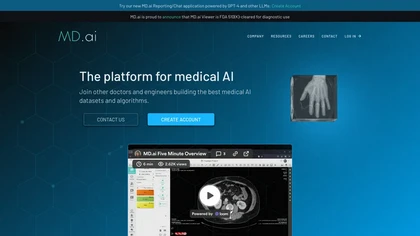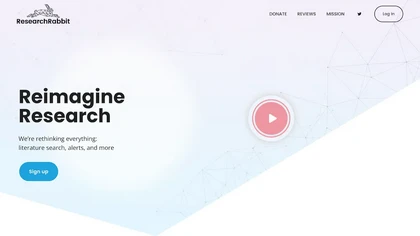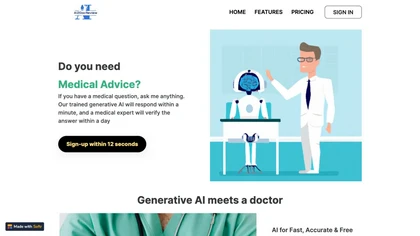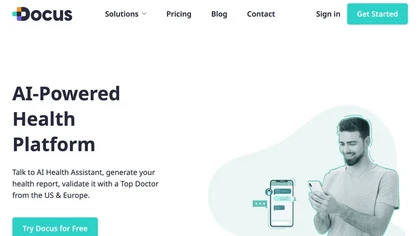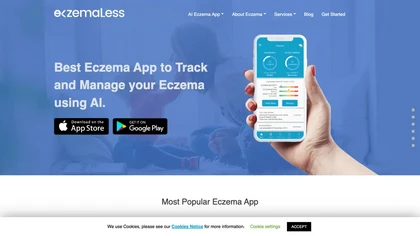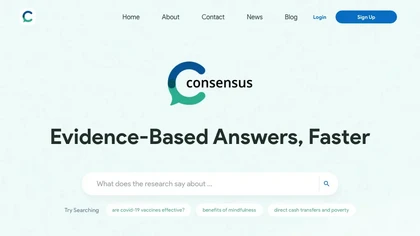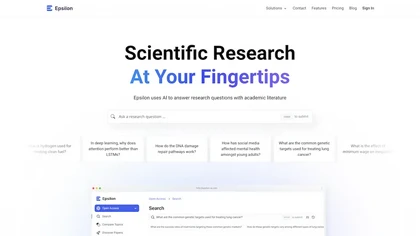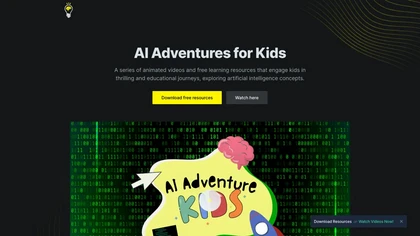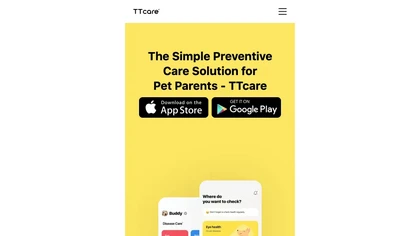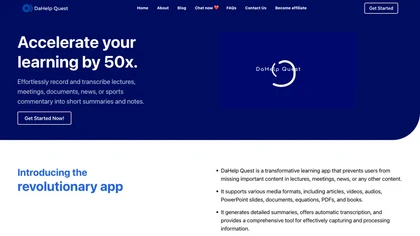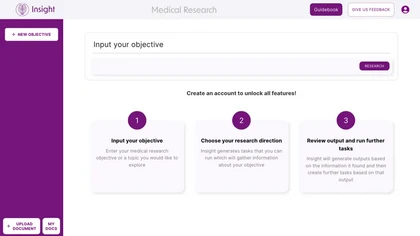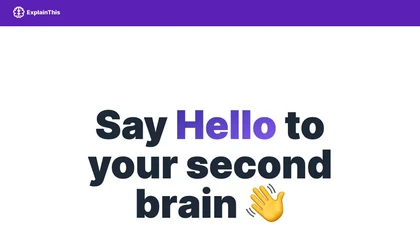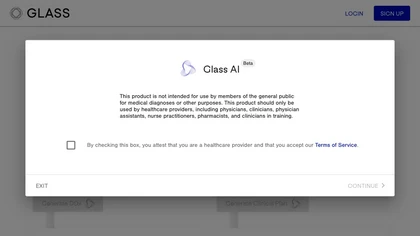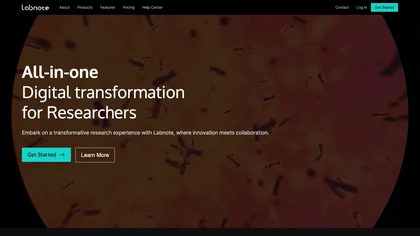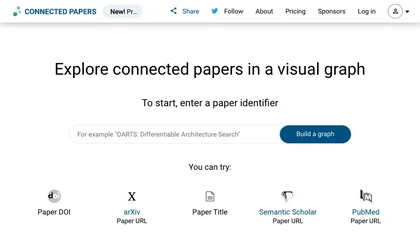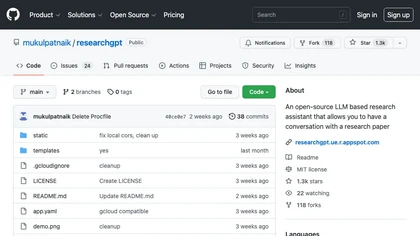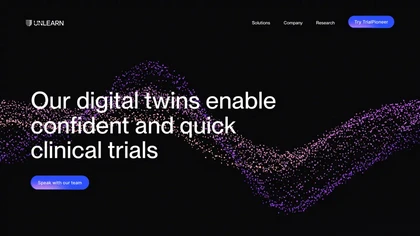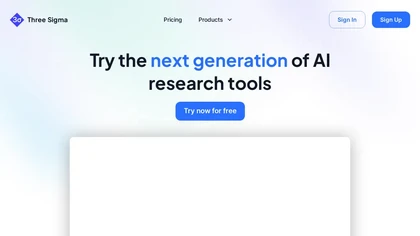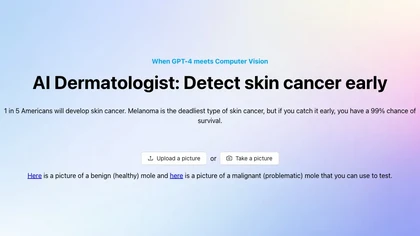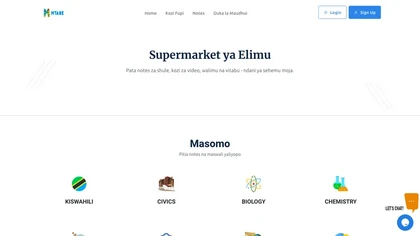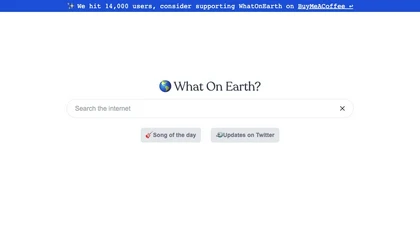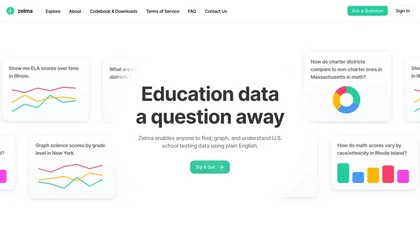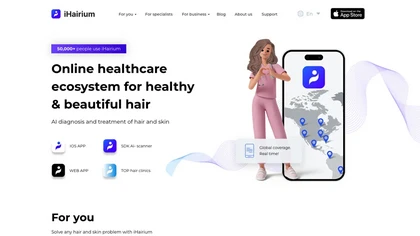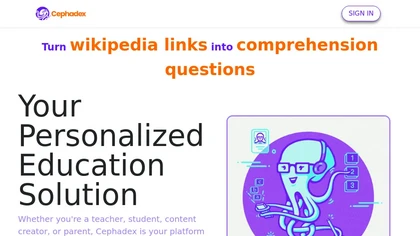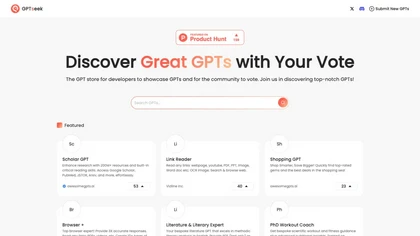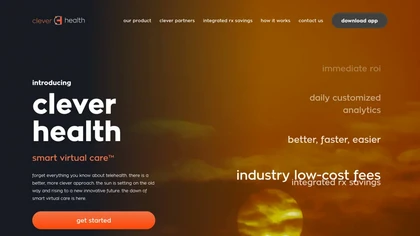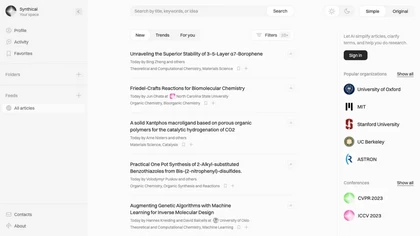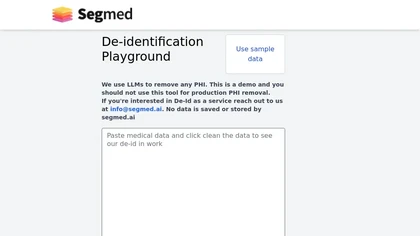AI use cases for Public Health
Generative AI can be applied in various applications for public health. Here are some examples to explore below for inspiration with AI tools to get you started with using AI in public health.
🛠️ 70 AI tools for Public Health
Explore a dynamic list of some of the most popular tools to get you started with various AI use cases and applications for Public Health to streamline your workflows and productivity today.
PharmaTrace features
- Chronic disease management
- Early disease detection
- Economic costs reduction
- Budget forecasting
- Decision support
MediSearch features
- Finds trustworthy medical information
- Answers medical questions
- Scientific article-based
- Useful in finding health information
DrugCard features
- Automates drug safety routines
- Multiple languages and countries
- High-performance screening
Lunit features
- Data analysis
- Medical diagnosis
- Cancer treatment planning
- Drug discovery
- Patient monitoring
Empirical Health features
- Proactive primary care
- Integration of consumer wearables for health monitoring
- Consultation with doctors via mobile app
- Personalized care plans
- Compatibility with major insurance providers
intelligencia.ai features
- Measuring the likelihood of success in drug development
- Identifying underlying drivers contributing to technical and regulatory risks
- Optimizing clinical trial design
- Standardizing risk evaluation processes
- Transparent and explainable AI features
DotScript features
- Search diseases, drugs, and symptoms
- Utilizes advanced genetic and medicinal knowledge for searching
- User-friendly interface for desktop and mobile devices
- Dedicated chatbot functionalities for genetic and medicinal inquiries
- Efficiently searches various resources to offer optimal solutions
🔥
Create your account, save tools & get personal recommendations
Receive a weekly digest of our handpicked top tools.
Unsubscribe anytime
Ree AI features
- Explain medical reports
- Recommend supplements
- Check drug interactions
DocXus features
- Assist in accurate diagnoses
- Create effective treatment plans
- Streamline diagnostic process
- Offer resources and knowledge for ongoing learning
- Provide patient guide for disease management
System Pro features
- Synthesizing relevant scientific data
- Sifting through vast amounts of data
- Offering a faster and more reliable search experience
- Seamlessly exploring a wide range of topics
- Contextualizing research findings
Hippocratic AI features
- Semantic search
- Healthcare professionals
- Statpearl data source
- Streamlined
- Ftp download
Dilseheal features
- AI-powered hospital recommendation system
- Assists users in finding the best hospitals based on medical condition and financial status
- Relies on valid user reviews, hospital background checks, and other criteria for decision-making
- Facilitates post-treatment reviews, ambulance bookings, and emergency medical assistance
- Provides personalized recommendations and convenient online bookings for healthcare services
Oatmeal Health features
- AI-powered cancer screening tool
- Early detection focus
- Identification and screening of high-risk cancer patients
- Comprehensive care navigation and risk assessments
- Collaboration with healthcare providers and health plans
BiHilo features
- Specialized Consulting
- Dedicated Appointments Managers
- Innovative and Customized Training
- Supplier Networking Capabilities
AI Health Mind features
- Generate medical advice
- Answer medical questions
- Powered by cutting-edge technology
- Use of reliable medical databases
- Easy to use
AiroMedical features
- Comprehensive health library with information on medical treatments and specialties
- Search for top-rated hospitals and doctors
- Support from an expert medical advisory board for personalized recommendations
- Simplifies the process of selecting treatments, clinics, and doctors
- Collaboration with world-leading clinics covering a wide range of specialties
AI-RnD features
- Access
- Share
- Disseminate
- Promote
- Collaboration
MedGPT features
- Medical search
- Diagnosis
- Treatment recommendations
- Communication and collaboration
- Creation
Lavo AI features
- Simulate drug behavior at atomic level
- Accelerate drug development
- Help pharmaceutical companies
- Bring therapies to patients
Carepatron features
- Billing and coding functionality
- Clinical notes documentation feature
- Health records management capability
- Online payments integration
- Telehealth services support
Huberman AI features
- Extract timestamped links
- Provide answers to science and health questions
Lumina Chat features
- Access database
- Provide answers
- Create collections
- Curate knowledge
- Grow knowledge base
Elythea features
- Integration with ehr systems
- Personalized insights
- Early intervention
Hehealth.ai features
- Doctor-validated sexual health answers
- Comprehensive scan summary with 90% accuracy in detecting over 10 penile diseases
- Global team of healthcare professionals providing information and recommendations
- 100% anonymized and encrypted health data
- Results ready in just one minute
SymptomChecker.io features
- Symptom description
- Medical history
- Current medication use
- Recent medication use
- Medical tests
Kai features
- Conversation
- Remote
- Delivering
- Hidden
- Human
- Insight
- Health
- Outcomes
Yesil Health features
- Symptom analysis
- Lab result analysis
- Customized lifestyle advice
- Personalized diet plan
- Exercise plan
SOMA features
- Automating research process
- Collating and analyzing medical research articles
- Identifying causal and associative relationships
- Creating a knowledge graph for exploration
- API access for building pipelines in Python, R, or other languages
Healee features
- Patient scheduling for capacity management
- Rule-based patient-provider matching
- Self-scheduling capabilities
- Multi-channel communication tools
- AI assistance for patient engagement
Medheed features
- Real-time analysis of lab reports
- Detailed insights for medical professionals and patients
- Comprehensive analysis of patient records
- Fast and cutting-edge technology
- Accurate diagnoses and efficient treatments
RadiantAI features
- Seamless login process
- Comprehensive database
- Streamlining search for medical references
- User-friendly interface
- Advanced search capabilities
Hexagons Search features
- Threaded search
- Access to multiple databases
- Medical diagnosis
- Legal research
- General inquiry
Medical Chat features
- Instant medical answers
- Diagnoses
- Patient education
- Comprehensive drug search
- Side effects monitoring
AskDocs features
- Uploading multiple document types
- Smart document reader
- Information retrieval
- User data security
- Cloud storage
Avey features
- Self-diagnostic system
- Tailored health journey
- Accurate diagnosis
- Appointment booking with doctors
- Medical condition coverage
edu720 features
- AI-powered content
- Powerful analytics
- Nanolearning capabilities
- Mobile learning capabilities
- Support for various industries
Niah AI features
- 24/7 healthcare companion support
- Quick and accurate assistance
- Personalized well-being recommendations
- Guidance on healthcare needs
- Integration with existing management software
FAQx features
- Fact-finding
- Contextual information
- Filters
- General searches
- Specific subject queries
md.ai features
- DICOM support
- Web-based annotation tools
- Creation of bounding box or freeform annotations
- API, Jupyter integration, and client libraries
- Model development, training, validation, and deployment facilitation
ResearchRabbit features
- Discover
- Visualize
- Gain insights
- Collaborate
- Comment
AI2DocReview features
- Quick medical advice
- Trained generative AI responses
- Accuracy verification by medical experts
- Filtering out inaccurate information
- Affordable insurance and reservation price testing options
digha.app features
- Cutting-edge AI tool
- Advancing human development
- Prioritizing user privacy
- Utilizes state-of-the-art technology
- Delivers personalized solutions
Dr.Tail features
- Platform for online vet consultations
- Quick and precise advice delivery
- Access to vet experts and Q&A archives
- Powered by AI and licensed vets
- Notification via SMS for consultations
Docus.ai features
- Generating health reports
- Seeking information related to health concerns
- Facilitating communication with top doctors
- Providing personalized responses based on health details
- Recognized for its features by reputable sources
AI Eczema App features
- Track and monitor eczema triggers through images
- Manage personalized treatment plans
- Analyze correlations between triggers and severity
- Provide visual graphs to track eczema trends over time
- Offer eczema severity scoring and real-time weather alerts
Consensus features
- Search
- Evidence-based answers
- Scientific papers
- Instant analysis
- 100% ad-free
Epsilon features
- Find answers to research questions
- Scan through vast amounts of research papers
- Generate relevant citations
- Assistance and queries
- Fast and reliable research insights
Clarifyze AI features
- Engaging animated videos
- Free learning resources
- Diverse range of courses
- Hands-on techniques exploration
- Exploration of real-world case studies
The GPT Repo features
- Collection of open-source GPT models
- Designed for revolutionizing communication, health management, and gaming development
- Over 400 curated GPTs in various categories
- Valuable resource for creating innovative content and solutions
- Diverse range of AI tools
TTcare features
- Symptom detection
- Veterinary advice
- Online consultations
- Health management
- Task reminders
DaHelp Quest features
- Detailed summaries generation
- Automatic transcription
- Real-time discussions and Q&A sessions
- Advanced image processing for equations
- Multiple file processors (articles, PowerPoint, word files)
Insightai.dev features
- Guided research process
- Task generation
- Output based on gathered information
- Task iteration based on output
- Efficient navigation
ExplainThis.AI features
- Summarize long pages
- Provide simplified explanations
Glass.health features
- Generating medical advice
- Making diagnoses
- Creating clinical plans
- Analyzing patient data
- Providing recommendations based on input
Labnote features
- Manage material inventory
- Visualize structured protocols
- Convert research reports into digital formats
- Data visualization and analysis
- Predict experimental outcomes using machine learning
Soharhealth features
- Automate insurance eligibility verification
- Streamline manual operations
- Improve team efficiency
- Reduce preventable claim denials
- Increase patient intake, conversion rates, and revenue
Connected Papers features
- Paper search
- Topics organization
- Keyword tagging
- Collection creation
- Content sharing
ResearchGPT features
- Summarize
- Extract key points
- Answer questions
- Provide citations
- Generate references
unlearn.ai features
- Patient-specific digital twins
- Expedited enrollment in clinical trials
- Enhanced observation of treatment effects
- Utilization of smaller control groups
- Forecasting of future health outcomes
Three Sigma features
- Advanced search technology
- Imagine assistant
- Chatgpt plugin
Skinguardai features
- Skincancer
- Earlydetection
- Moleanalysis
- Benignormalant
- Survivalrate
Mtabe features
- Comprehensive e-learning platform
- Wide array of educational resources
- Access to school notes, video courses, teacher support, and textbooks
- Covering subjects like civics, biology, chemistry, Microsoft Excel, and English language studies
- Focus on technology education
What on earth? features
- Internet search
- Global coverage
- Instant results
- Query language support
- Access to a vast amount of data
Zelma features
- Natural language processing for querying data
- Graph generation for data visualization
- Ability to compare different data sets
- Support for multiple topics and locations
- Data presented in graphs, tables, and descriptions
iHairium features
- Video consultations
- 24/7 chat support
- Personalized treatment plans
- Scalp and hair photo diagnoses
- Hair transplant support
Cephadex features
- Simplify and enhance learning experience
- Personalized educational solutions
- Turn various inputs into custom decks and flashcards
- Record lectures
- Grade creations automatically
- Enrich offerings
- Provide viewers with learning tools that reinforce the content through custom cards
- Engage with audience
- Build a stronger community
GPTseek features
- Discover and vote on GPTs
- Submit new GPTs
- Access to over 200 million resources
- Link Reader feature for various types of content
- Community engagement
cleverhealth.ai features
- AI technology utilization
- Quick consultations with average visit time
- AI decision support for accurate diagnoses
- AI-powered chatbot for mental health support
- Cost savings on medications
Synthical: Science features
- Simple searches and filters
- Organic chemistry reactions exploration
- Inverse molecular design using genetic algorithms and machine learning
- Investigation of sustainable water disinfection technologies
- Delving into photochemical reactions and solid electrolyte interphase investigations
Segmed features
- De-identify sample data
- Demonstration purposes
- Remove phi using limited local maximum suppression (llms)
- Can be used for production de-identification
- Data can be stored on segmed.ai
